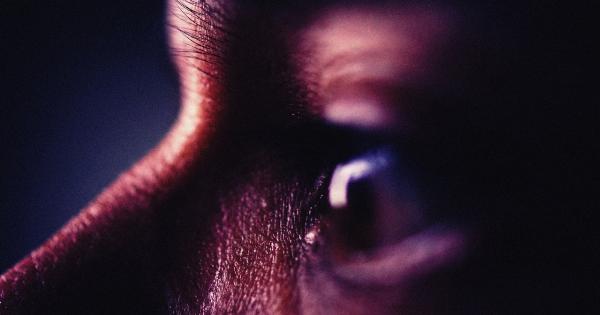Concussions, also known as mild traumatic brain injuries (mTBI), are a common occurrence in sports and other physical activities.
While they are typically associated with symptoms such as headache, dizziness, and memory loss, many people are not aware that concussions can also affect a person’s sense of smell. In fact, loss of smell is one of the most common symptoms associated with concussions.
What is a concussion?
A concussion is a type of traumatic brain injury caused by a blow to the head, a fall, or any other impact that causes the brain to move rapidly within the skull. This movement can result in a disruption of the normal functioning of the brain.
Concussions are classified as mild, moderate, or severe based on the extent of the injury and the symptoms experienced.
The Connection Between Concussions and Smell
The human sense of smell is controlled by the olfactory system, which is located in the upper part of the nasal cavity. This system is very fragile and can be easily damaged by an impact to the head.
When a person suffers a concussion, the brain may be jolted or twisted inside the skull, causing damage to the olfactory nerve fibers or the olfactory bulbs responsible for the sense of smell.
Studies have shown that between 5% to 30% of people who suffer from concussions experience some level of loss of smell.
This can range from a temporary decrease in the ability to detect certain smells, to a complete loss of smell, a condition known as anosmia.
Symptoms of Loss of Smell
Loss of smell, or anosmia, can have a significant impact on a person’s life. Not only does it affect the ability to taste food, but it can also lead to safety issues, such as the inability to detect gas leaks, smoke, or spoiled food.
In addition, it can also affect a person’s quality of life, as the inability to smell can lead to depression, anxiety, and social isolation.
Some common symptoms of loss of smell include:.
- Difficulty detecting odors or fragrances
- A decrease in the intensity of smells
- The inability to detect certain odors
- A change in the perception of certain smells
- A complete loss of smell
Diagnosing Loss of Smell
If you have suffered a concussion and are experiencing symptoms of loss of smell, it is important to seek medical attention. Your doctor will perform a physical exam and may also recommend a neurological exam to assess the function of your brain.
In addition, your doctor may recommend a smell test, also known as an olfactory test. This test measures the strength of your sense of smell by asking you to identify a series of scents.
Treatment for Loss of Smell
While there is no cure for loss of smell caused by a concussion, there are some treatments available that can help alleviate the symptoms. These treatments include:.
- Olfactory training: This involves smelling different odors or fragrances on a regular basis to help stimulate the olfactory system and improve the sense of smell.
- Nasal rinses: These can help remove mucus and other irritants from the nasal passages, which can help improve the sense of smell.
- Surgical options: In some cases, surgery may be required to repair any damage to the olfactory system caused by the concussion.
Preventing Concussions
The best way to prevent concussions and loss of smell is to take steps to avoid head injuries.
These include wearing helmets when participating in sports that expose you to potential impacts, such as football, hockey, and snowboarding, as well as following proper safety precautions in other high-risk activities, such as driving, biking, and skateboarding.
If you or someone you know has suffered a concussion, it is important to seek medical attention right away. While loss of smell may seem like a minor symptom, it can have serious implications for a person’s health and well-being.























